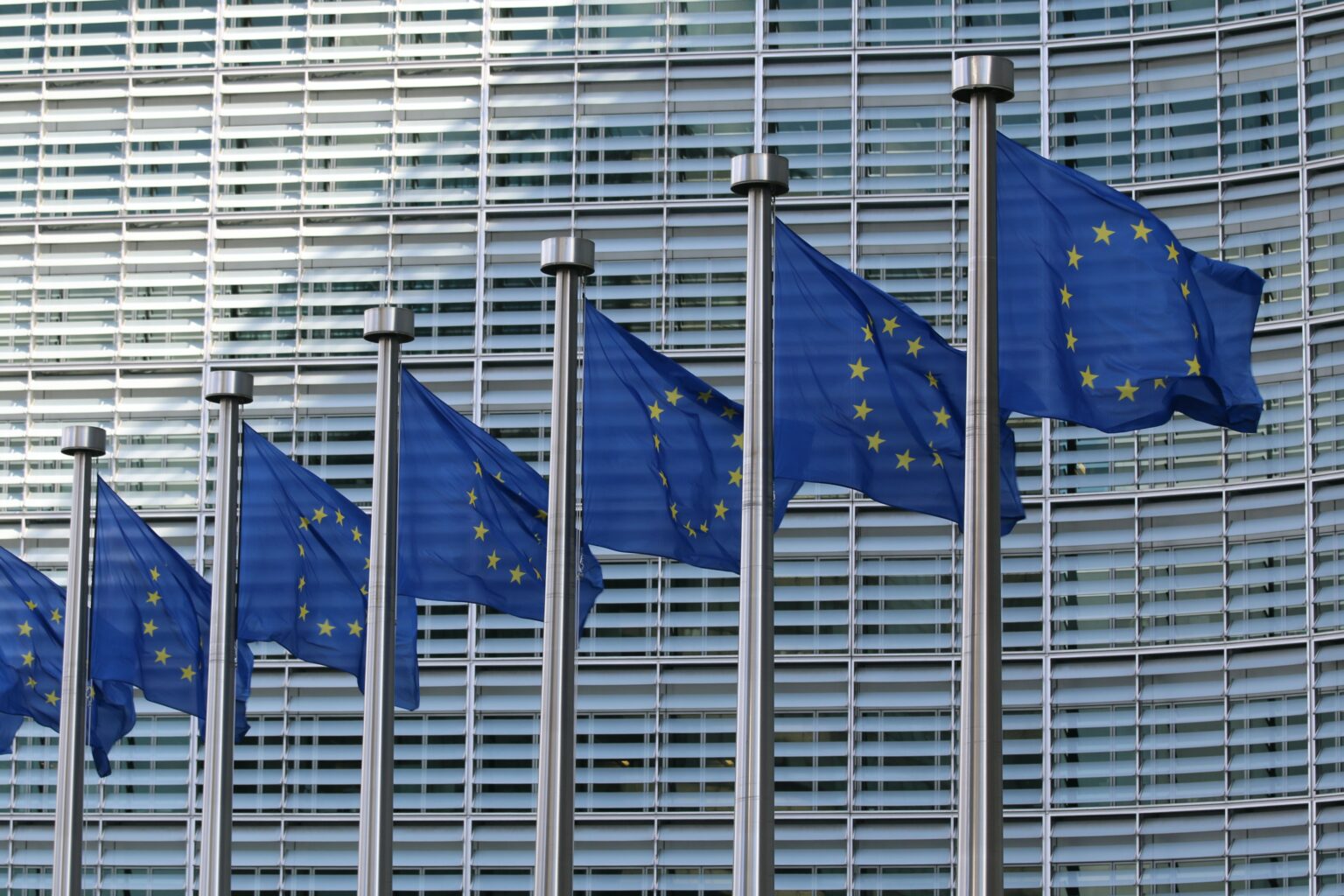NATO chief Jens Stoltenberg and Ukrainian President Volodymyr Zelensky were set to speak at Thursday’s European Union summit amid questions about Russian President Vladimir Putin’s standing following a two-day attempted revolt by the Wagner mercenary group.
Zelensky planned to address the summit, which included leaders from the EU’s 27 member nations, via video link while Stoltenberg attended a leaders’ luncheon.
“The mutiny we saw at the weekend demonstrates that there are cracks and divisions within the Russian system. At the same time, it is important to underline that these are internal Russian matters,” Stoltenberg said upon arriving at the summit in Brussels.
EU President Ursula von Der Leyen agreed, saying the revolt “showed deep cracks in Putin’s system. This mutiny of last weekend will also have aftershocks that we will see.”
The uprising, undertaken by Wagner chief Yevgeny Prigozhin, was reportedly aimed at capturing Russia’s top military commanders, Defense Minister Sergei Shoigu and Gen. Valery Gerasimov.
It began on Friday, when Prigozhin marched his columns of mercenaries into the Russian city of Rostov near Ukraine’s front lines. Prigozhin said his fighters had “blockaded” the town “without firing a single shot.”
The uprising ended Saturday after a deal was reportedly struck by Belarusian President Alexander Lukashenko that Prigozhin’s mercenaries would receive immunity, and that charges brought against Prigozhin himself would be dropped, once he turned his columns away from their subsequent march toward Moscow. Before turning back, the mercenaries had come within 200 kilometers of the capital city.
Zelensky on Saturday said on social media, “Today, the world saw that the bosses of Russia do not control anything. Nothing at all. Complete chaos. Complete absence of any predictability.”
He added that “the world should not be afraid” because “our unity…protects us.”
Despite Prigozhin insisting the uprising was never about regime change, President Gitanas Nauseda of Lithuania, one of several EU nations bordering Russia, insisted it was all the more reason to take a robust posture toward Putin.
“Some colleagues sometimes say that a strong Putin is less dangerous than a weak Putin. I don’t agree with that. We have to move forward and be decisive, because now is a crucial moment of history,” said Nauseda.
Officials from several member states and EU institutions further asserted at Thursday’s summit that the chaos and instability created by the revolt should compel the European Union to double down on its military and economic support for Ukraine.
“There is no room for hesitation,” said Estonian Prime Minister Kaja Kallas. “We must continue to increase the price of Russian aggression.”


